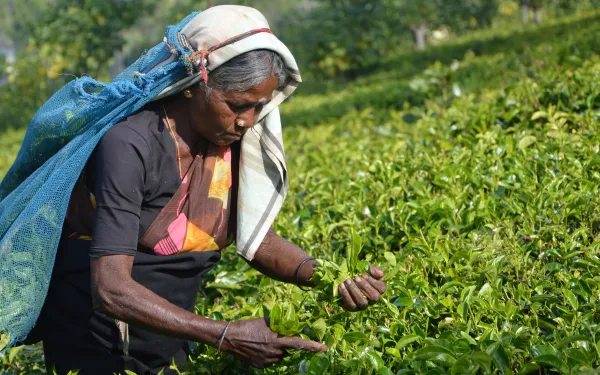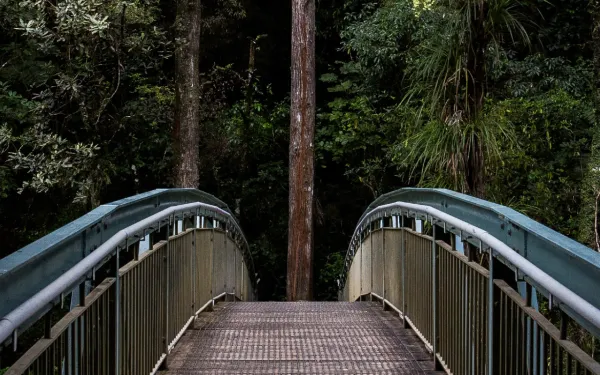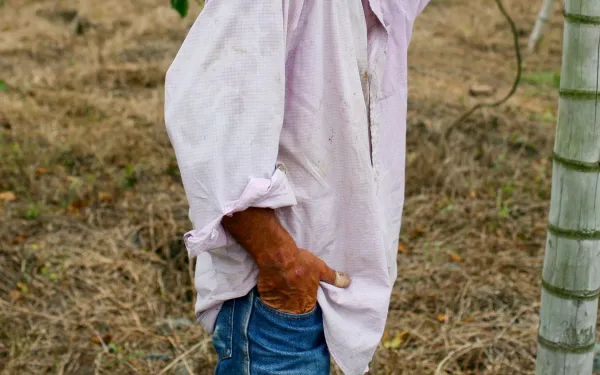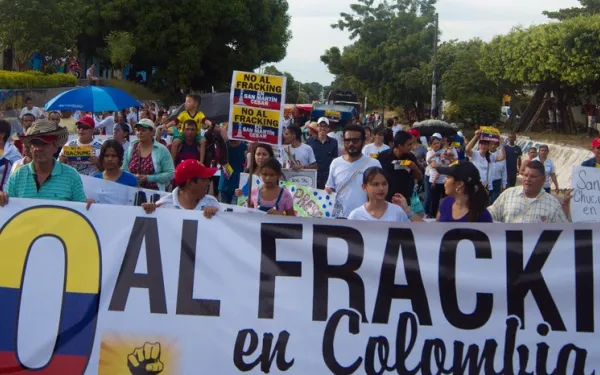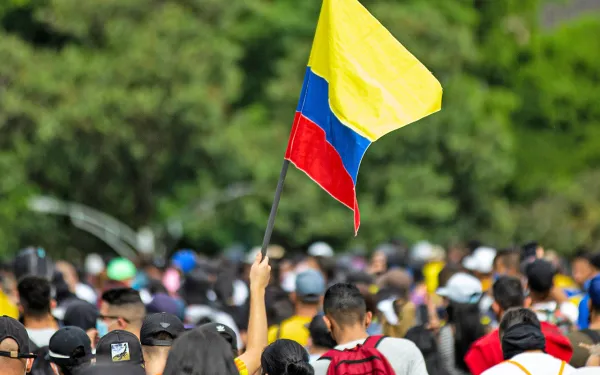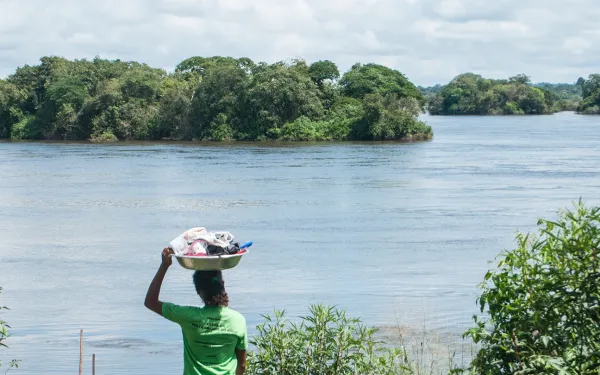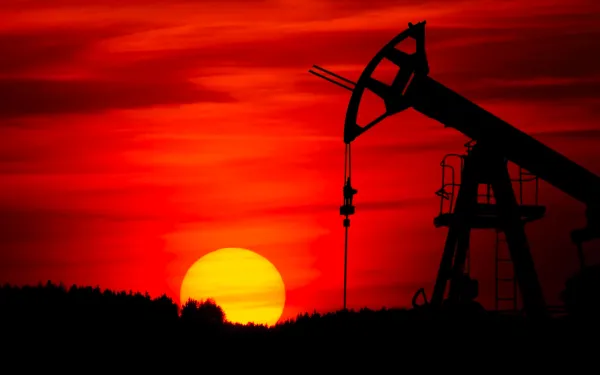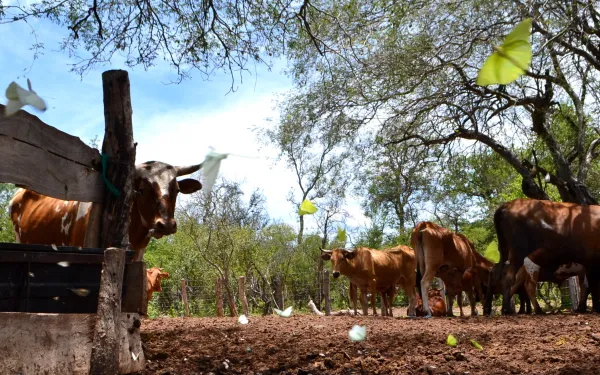
Reflections for a Bolivia free of fracking
Text written as part of the series #TRANSFORMAR LA CRISIS, Tomo II. Crisis Ecológica, extractivismo y poblaciones vulnerables by the foundation Friedrich-Ebert-Stiftung (FES) in Bolivia, to be published soon. It all began with a study, published in 2011 by the U.S. Energy Information Administration, reporting the existence of large quantities of unconventional hydrocarbons in Bolivia. The study created considerable expectations in the Andean Nation. Given the gradual depletion of conventional oil and gas deposits, fracking has since become a latent threat. Fracking is a risky, costly and highly polluting technique. As a region, Latin America is home to roughly seven thousand fracking wells. The technique’s advance—as well as related public policies, regulations and social opposition—has commonalities across the region, including its affects on protected areas and on urban, rural and indigenous populations. So far, Bolivia remains free from fracking. But without an intentional political decision to avoid it, and without a population better informed about its effects, fracking could soon become a reality here as well. The risks of fracking in Bolivia The implementation of fracking is a latent threat in Bolivia because of the nation’s significant dependence on fossil fuels. In 2013, the state-owned company YPFB signed a cooperative agreement with YPF Argentina to study the potential of unconventional hydrocarbons. It also asked the operating companies to extract samples from the Los Monos geological formation in the Chaco region. That same year, YPFB Chaco (a subsidiary of YPFB), with the support of Halliburton, carried out a "mini-fracture" in the Ingre X-2 well, part of the Tupambi formation, in Chuquisaca. This operation would have allowed for the discovery of tight sand oil. Based on this discovery, YPFB Chaco had proposed to perform a complete fracture of the reservoir in 2014. It is unknown if this occurred because, in the years following, YPFB stopped generating public information on the project. In 2018, Canadian company CanCambria Energy Corp. signed a study agreement with YPFB, the prelude to an exploration/exploitation contract, to determine the unconventional gas potential at Miraflores, also in Chuquisaca. CanCambria's preliminary data points to the possible existence of a mega-field in the area, whose potential gas resources would be comparable to those of Argentina’s Vaca Muerta. The Canadian firm has prepared a proposal to extract gas by drilling 800 wells over 202 square kilometers in the Miraflores area, in the municipality of Macharetí. Miraflores is located in the Heroes del Chaco Municipal Protected Area and is part of the Yrenda Toba Tarijeño Aquifer System, which Bolivia shares with Paraguay and Argentina. The people living in Macharetí, including Guaraní indigenous communities, were shocked to receive news of the project. The alarm raised by the possibility of fracking in this territory led those who live there to learn about the consequences of the technique, particularly in relation to the use and contamination of immense quantities of water. As a direct result, Macharetí included in its autonomous statute the prohibition of fracking in its territory, intensifying the controversy over the technique’s development in the area. Between extreme energy and an energy transition In the face of this controversy over fracking, two paths lay before us: on the first, is the deepening of the extractivist model and the generation of highly polluting energy, with serious and irreversible negative impacts on Mother Earth and local populations; on the second, is a just and democratic energy transition, which implies the decommodification of energy, a change in the energy matrix, and a shift in the development paradigm. Bolivia, and Latin America as a region, need to profoundly transform the way energy is produced; the new system should be formed with a long-term vision and based on the respect for human rights and the protection of nature. The development of fracking, far from initiating any transition, goes against this trend because it continues to promote a polluting, risky and costly energy system. It is based on dependence on non-renewable energy sources with negative impacts on the territories, inequity and lack of citizen participation in the construction of energy policies. Instead, Bolivia must bet on a socially just, economically viable and ecologically sustainable energy transition. "Bolivia should not move towards the implementation of fracking in its territory because it represents one of the greatest risks to its ecosystems, resources and populations," says Jorge Campanini, researcher at the Center for Documentation and Information Bolivia (CEDIB). "It is urgent to generate solid policies that declare a moratorium or indefinite ban on this technique throughout the country". The experience of Latin American countries that have bet on fracking clearly demonstrates the economic, environmental and social impacts of this technique. In this context, many organizations, communities and peoples have organized to confront the threat. The ongoing Covid-19 pandemic forces us to reflect on the future of fossil fuels, and the need for a just energy transition. Instead of considering fracking as an easy way to create jobs in difficult times, we must confront the health, economic and climate crises together. It’s time to think of resilient recovery, and thus an energy system that is not based on fracking. One idea usually associated with transition is the change of the energy matrix, yet, while necessary, the rapid and effective de-fossilization of that matrix is not enough. The energy transition must be comprehensive and incorporate environmental, economic and social dimensions so that it is also just and democratic. That’s why it’s so important that governments address the issue with a systemic approach.
Read more
